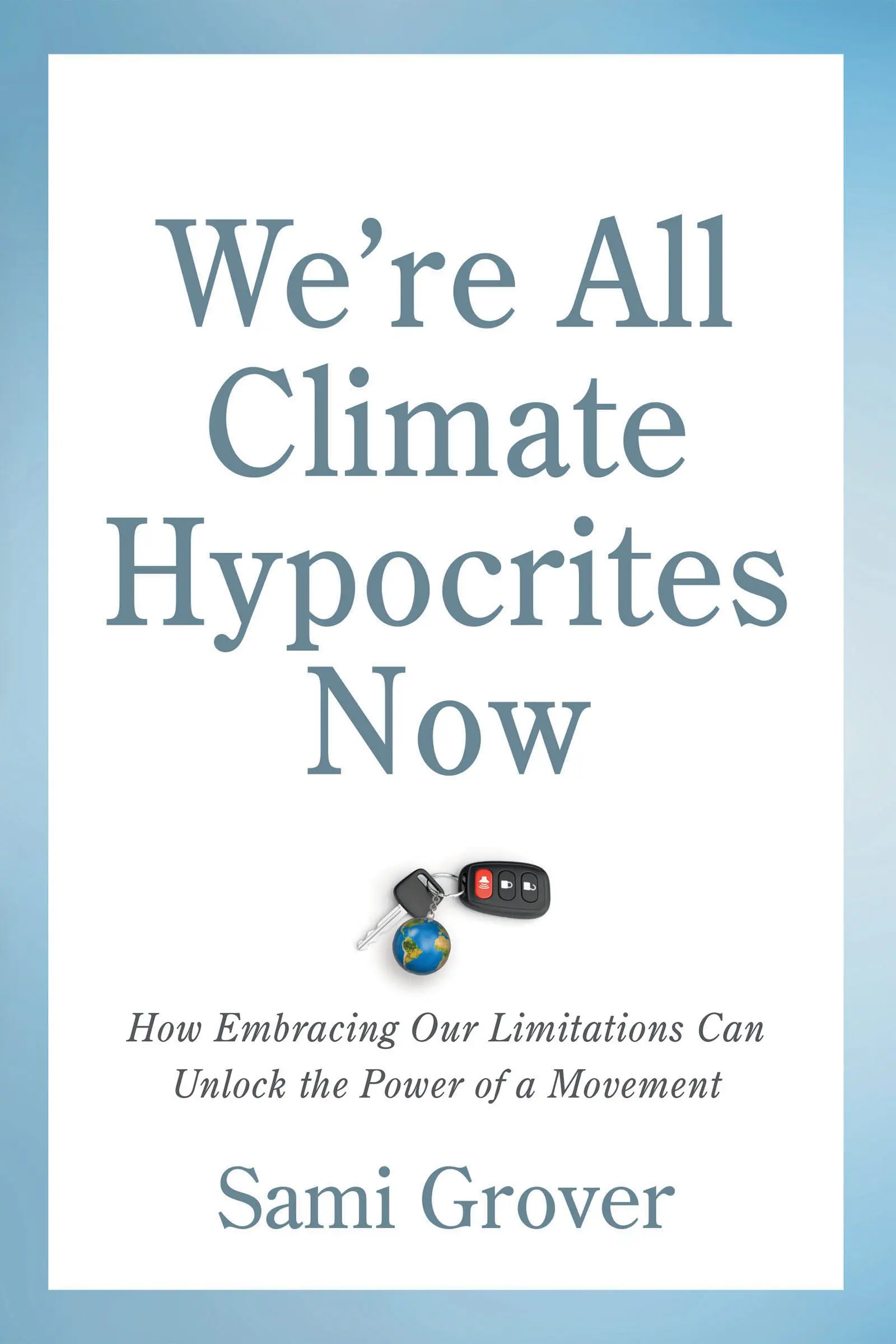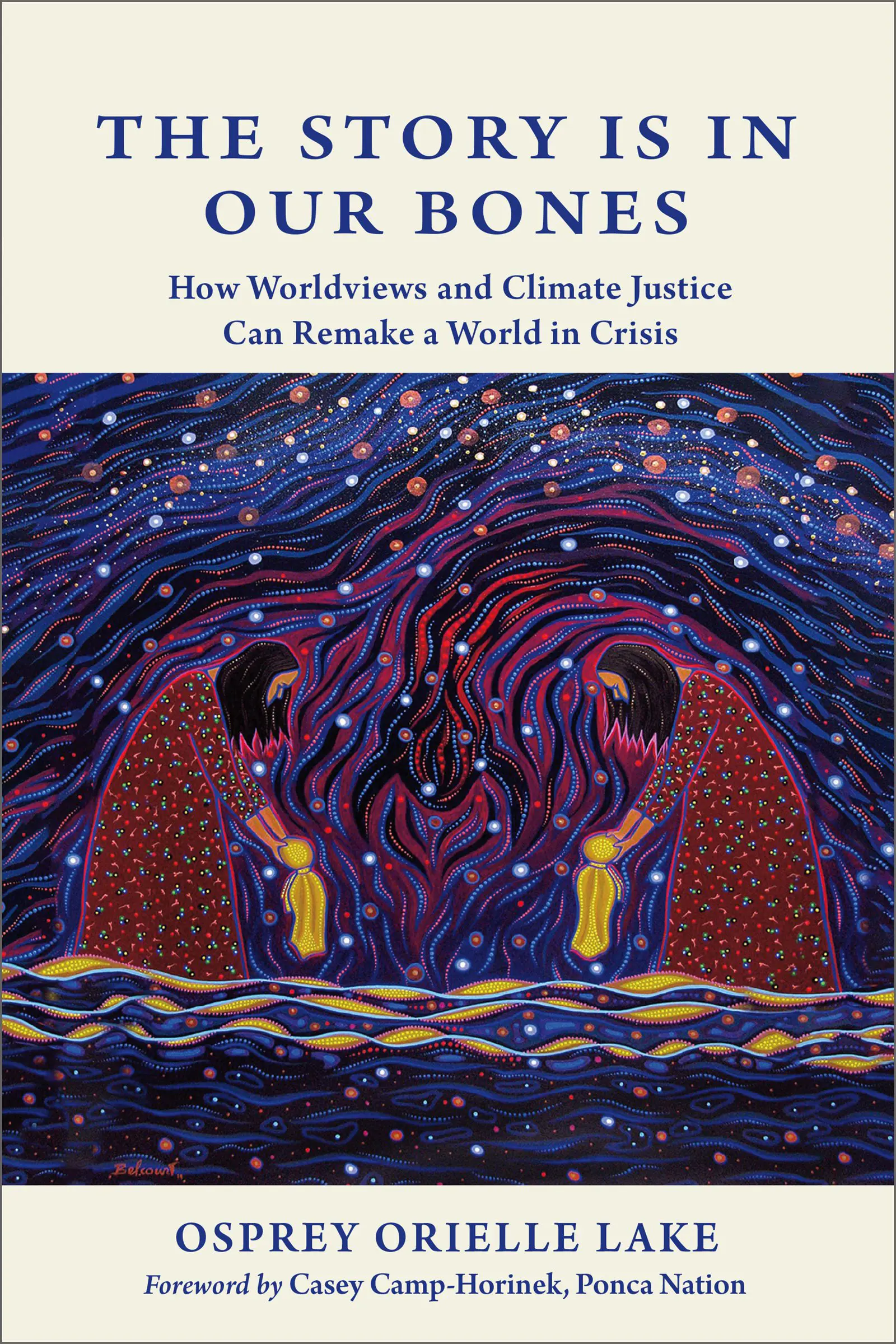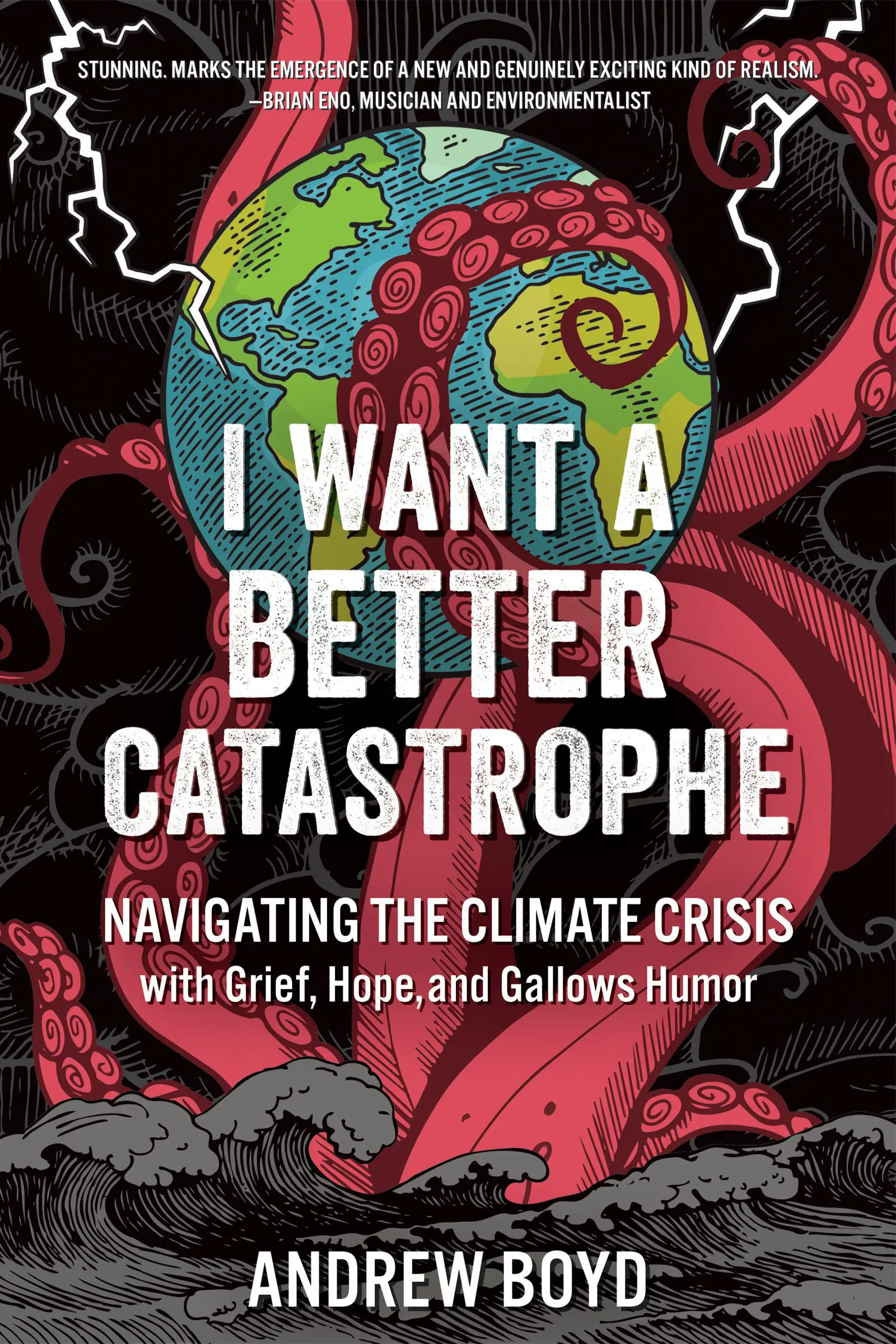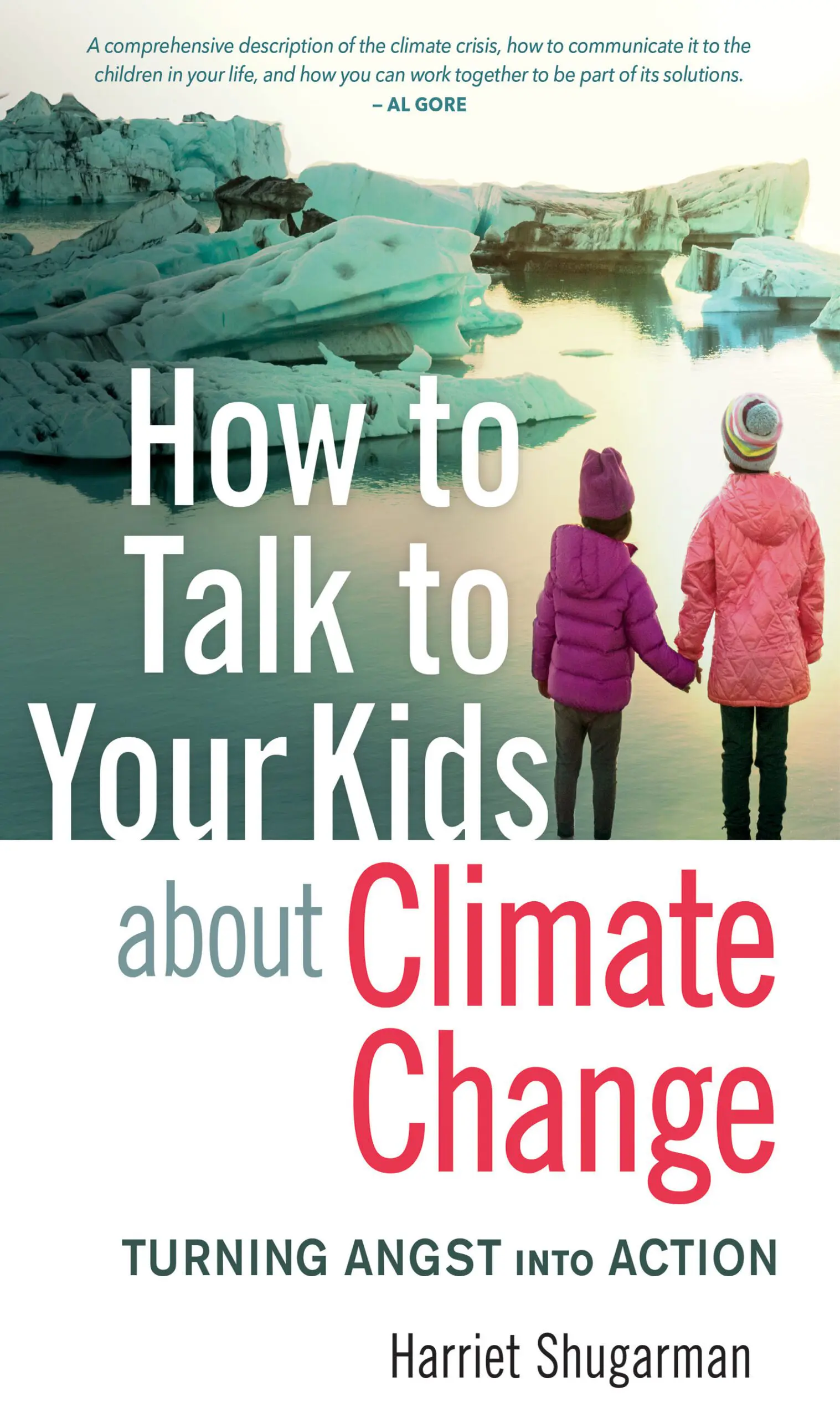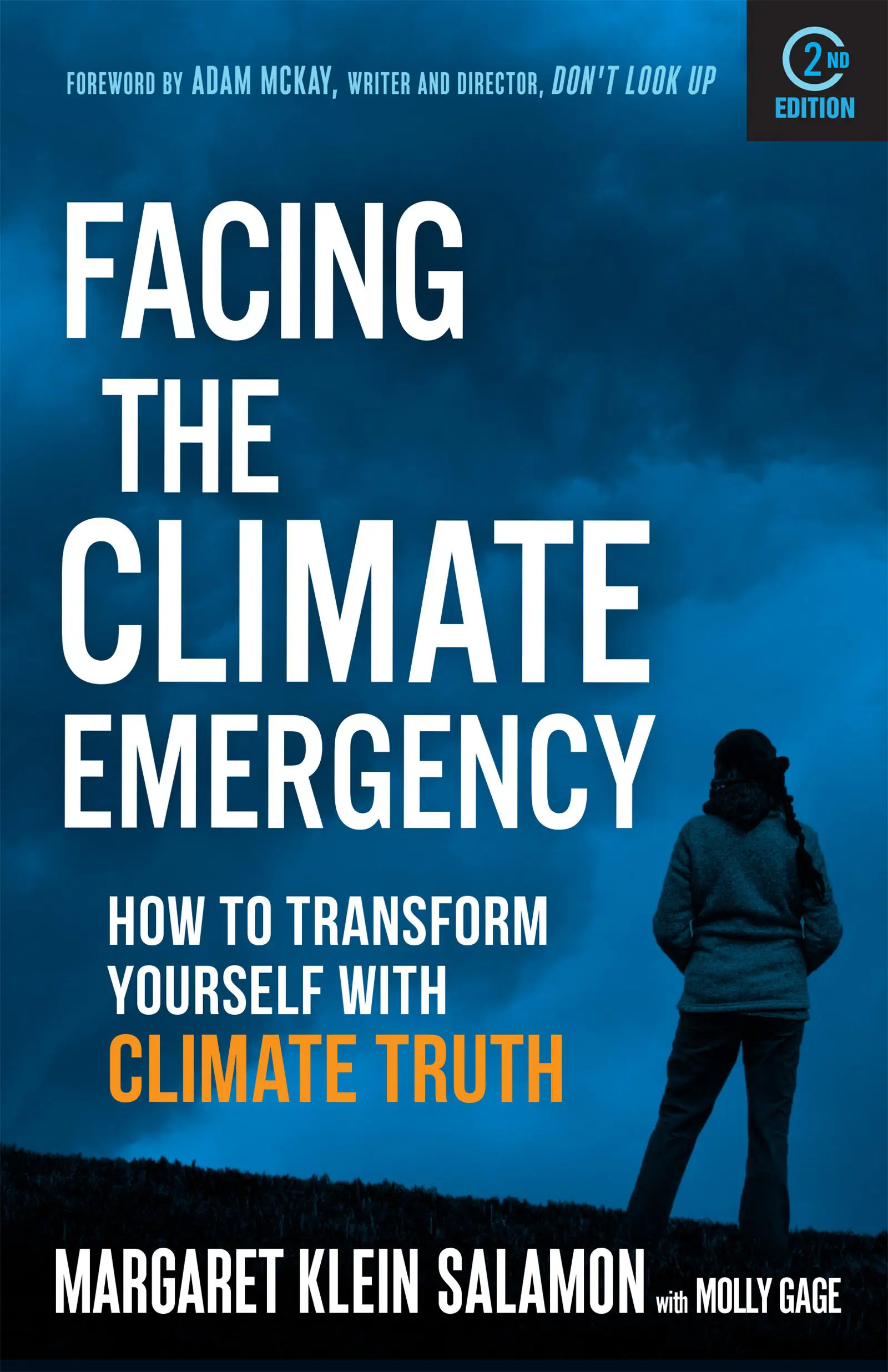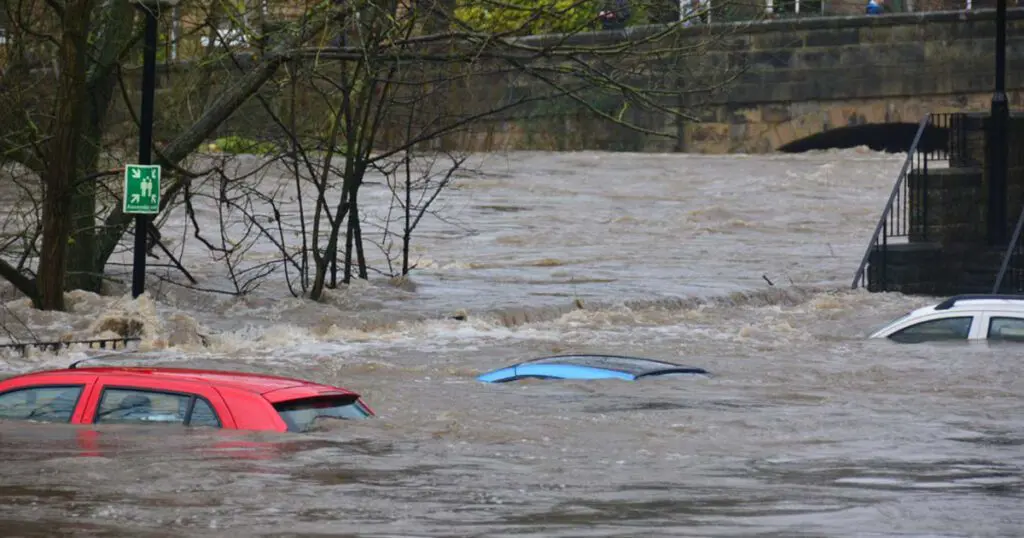
Climate change is more than just a buzzword—it’s a global crisis that affects every corner of our planet. The consequences are severe and far-reaching, from melting ice caps and extreme weather events to the threat they pose to our food systems and communities. But it’s not all doom and gloom. If we can take steps to mitigate these impacts, from personal lifestyle changes to collective action that drives meaningful change. This is a crisis we can’t afford to ignore, and this blog is here to empower you with the knowledge and tools to make a difference.
In Canada, wildfires have surged in severity, with the 2023 wildfire season alone scorching over 7.2 million hectares of forest—more than double the 10-year average. The Okanagan region, once a thriving and abundant land, has been particularly hard hit, with over 1,000 hectares burned. These intense fires not only underscore the escalating frequency and severity of wildfires nationwide, but also highlight their profound impact on agriculture.
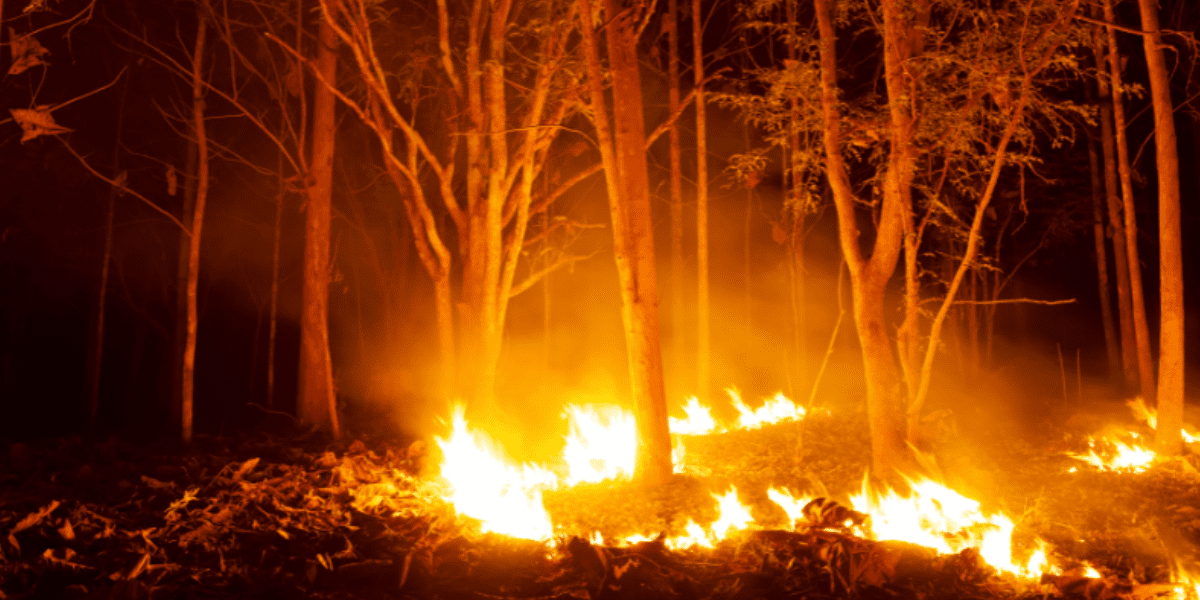
Wildfires affect multiple aspects of agricultural production. Direct damage to crops and the aftermath of smoke and ash deposits can reduce crop yields by impairing photosynthesis. Ash from fires alters soil composition, affecting its fertility and future crop production. Additionally, fires can compromise water quality in rivers and lakes due to runoff containing ash and debris, impacting irrigation systems and water availability. The disruption of transportation and logistics can also affect the supply chain, leading to higher food prices and shortages. In the Okanagan, these challenges reflect broader issues faced by agricultural regions grappling with climate change and wildfires, necessitating the adoption of more resilient farming practices and support for recovery and adaptation strategies.
Andrew Boyd’s observation in I Want a Better Catastrophe resonates deeply:
Given the carbon emissions path we are currently on, all we have to do is carry on just as we are, and climate apocalypse will be upon us. It doesn’t require an extraordinary accident, just a slow business-as-usual march into the future.
This statement urges us to rethink our actions and inspire collective change. But how do we mobilize communities and spur widespread action?
What Is the Climate Crisis?
We are facing a crisis that is overdue for immediate action. The time for merely discussing solutions has passed; now, we need to educate ourselves and adjust our behavior to navigate this monumental challenge. Rising temperatures and extreme weather events are making our planet increasingly inhospitable, threatening to destroy significant portions of our world.
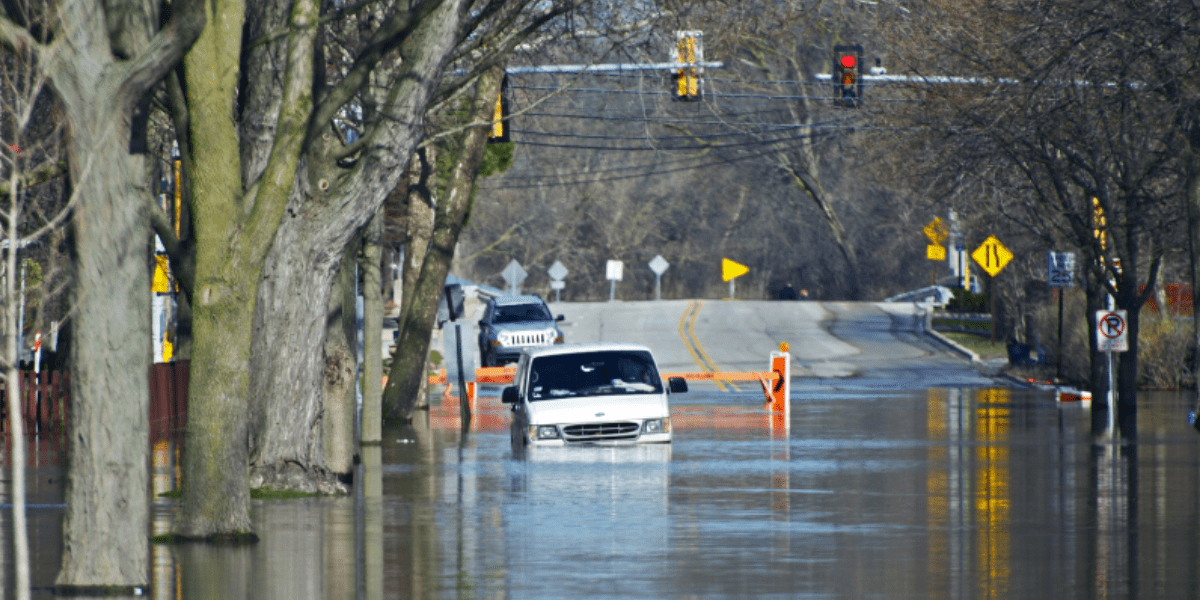
The recent pandemic has shown us how interconnected we are, and how our actions impact one another. As Andrew Boyd suggests, we must decide how we will handle ourselves during this ongoing catastrophe. This is a must-read for the many of us facing climate despair, offering an empathetic perspective on how we can move forward together.
Why Is Climate Change Such a Critical Issue?
As individuals, we wield significant power. This power extends to our communities, where collective action can shift our trajectory. The notion that “nothing is over, nothing is final” holds true; there is always an alternative path—humanity’s “secret third choice” is to unite and act together.
This monumental task may seem overwhelming, but it highlights the need for education and coordinated efforts. We must amplify our voices to demand corporate and systemic changes that align with our environmental needs.
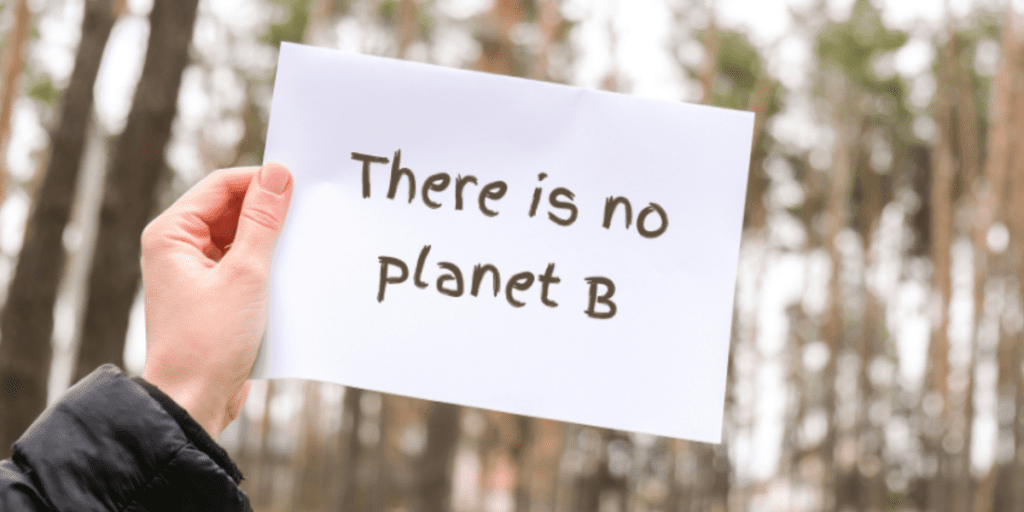
How We Can Make a Difference
The urgency of climate change calls for more education and proactive measures. Our world is melting, and every aspect of our lives—how we communicate, grow our food, and handle crises—will significantly impact our ability to rebuild.
At New Society Publishers, we are dedicated to inspiring and guiding you toward meaningful action. Our books provide valuable insights into the science of climate change and offer practical guidance on navigating this crisis. By confronting the science and learning how to adapt our behaviors, we can improve our chances of creating a sustainable future.
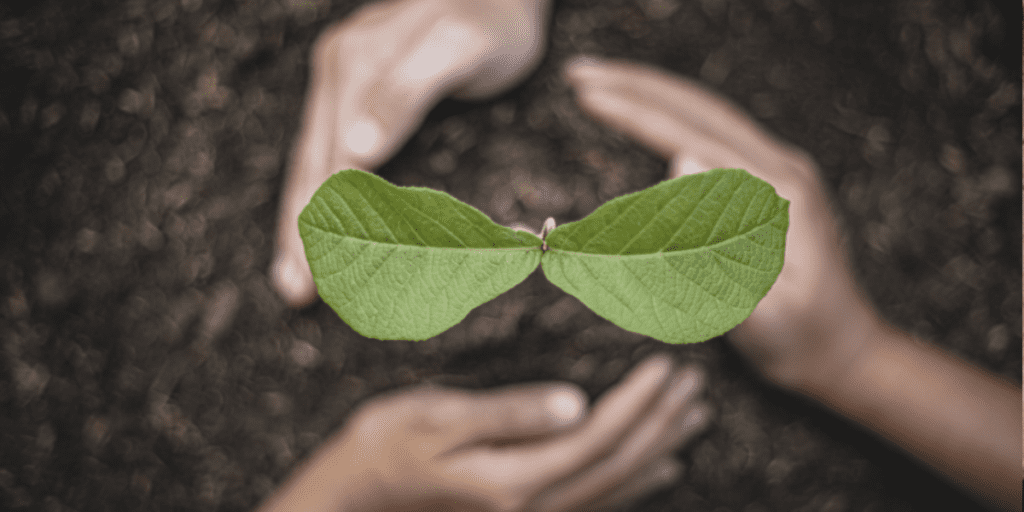
Call to Action
Visit our website to explore resources that will help you understand climate change and take actionable steps. Whether you are looking to educate yourself further, join a community effort, or support initiatives that drive positive change, we have the tools and information you need.
Let’s come together to confront this crisis head-on. Our collective efforts and informed actions will shape the future of our planet. Act now, and let’s work towards a more resilient and sustainable world.

